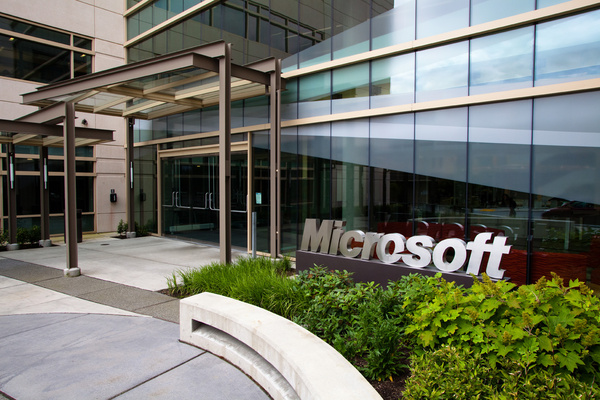
Besides acquiring GitHub, Microsoft has also realized its own importance in history of technology and has open-sourced several of its historic products. Most notably, company released the source codes of MS-DOS operating system back in 2018.
Now, the trend continues, as Microsoft has decided to release the source codes for GW-BASIC, the BASIC programming language intepreter that originally shipped with MS-DOS 2.0, back in 1983. Intepreter has been developed with 8088 assembly, meaning that in order to tinker with it, you need to know assembly - not high-level programming languages, like C or Java. But the source is there, so anyone can get it and start developing even better BASIC intepreter, if they feel like it. And of course, the source code is available through GitHub. Obviously.
Microsoft actually became a major player in software industry mostly bacause of its BASIC intepreter that was ported to many platforms back in 1970s and early 1980s. The operating system business that the company is nowadays best-known for, didn't start until early 1980s, with MS-DOS.
GW-BASIC is released under MIT (OSI) license, meaning that anyone can modify it as they wish, as long as the license terms are included with the source code also after modifications. Several open source projects, most notably X Windows System, uses the same licensing model. The license has been approved by Open Source Initiative.
Written by: Petteri Pyyny @ 22 May 2020 11:10
